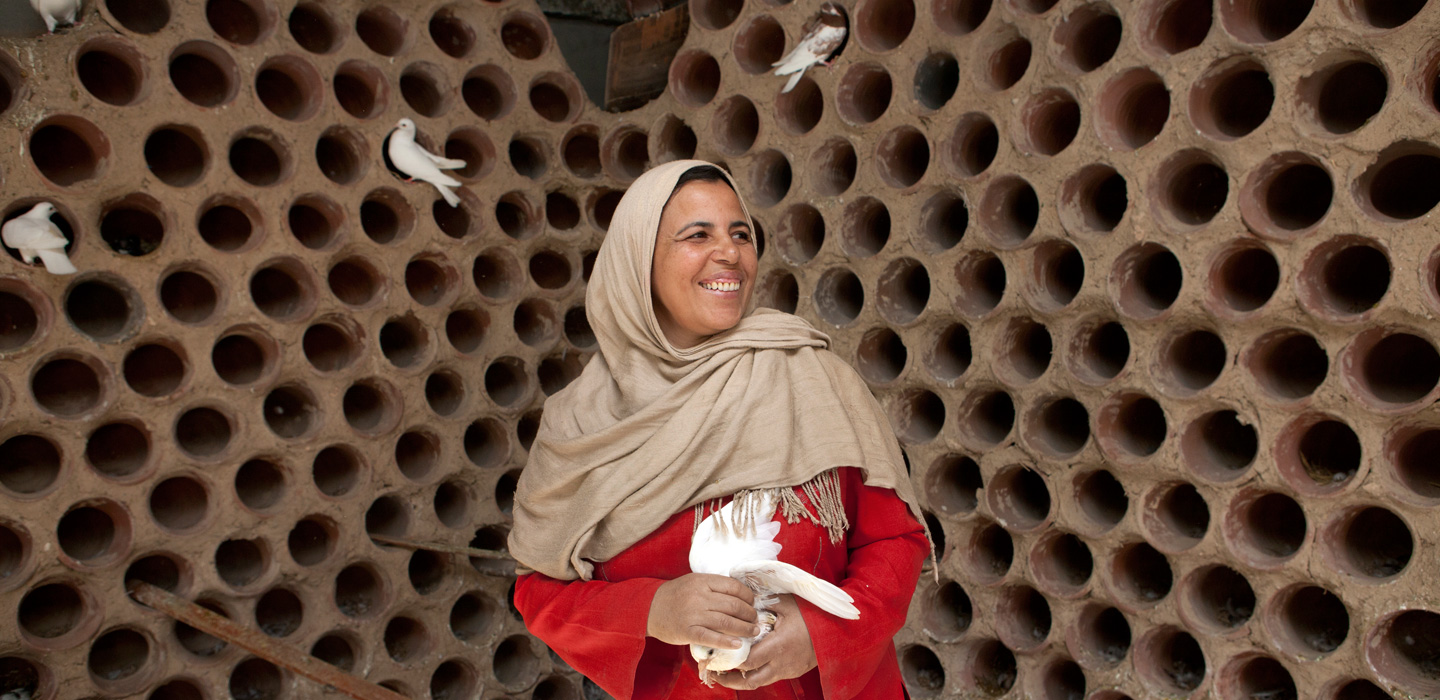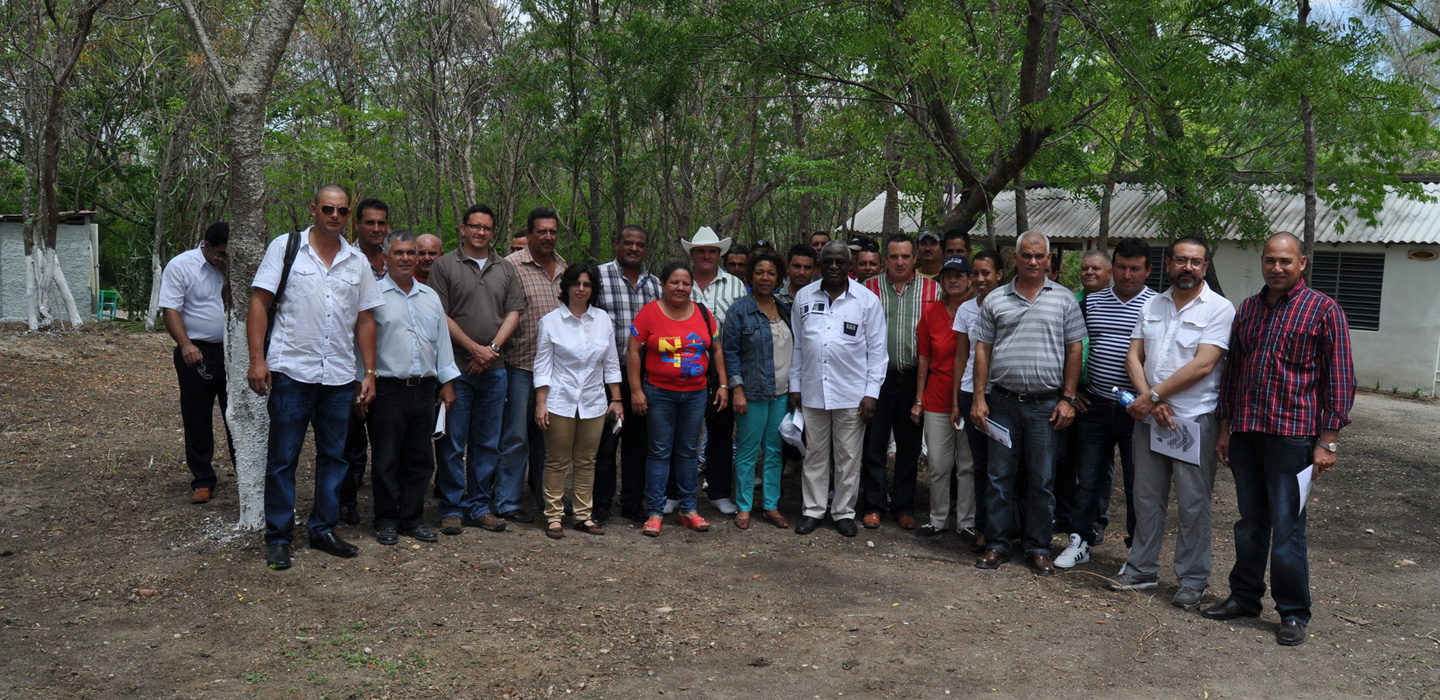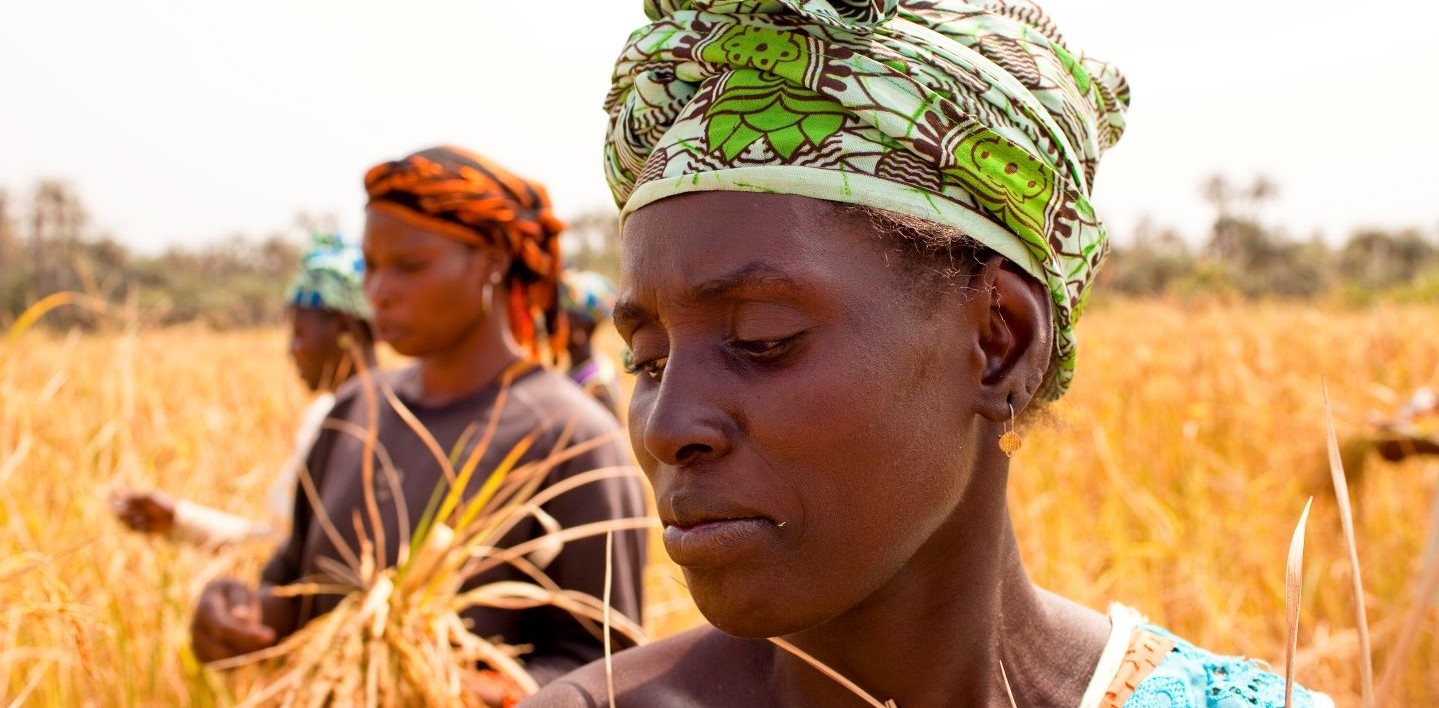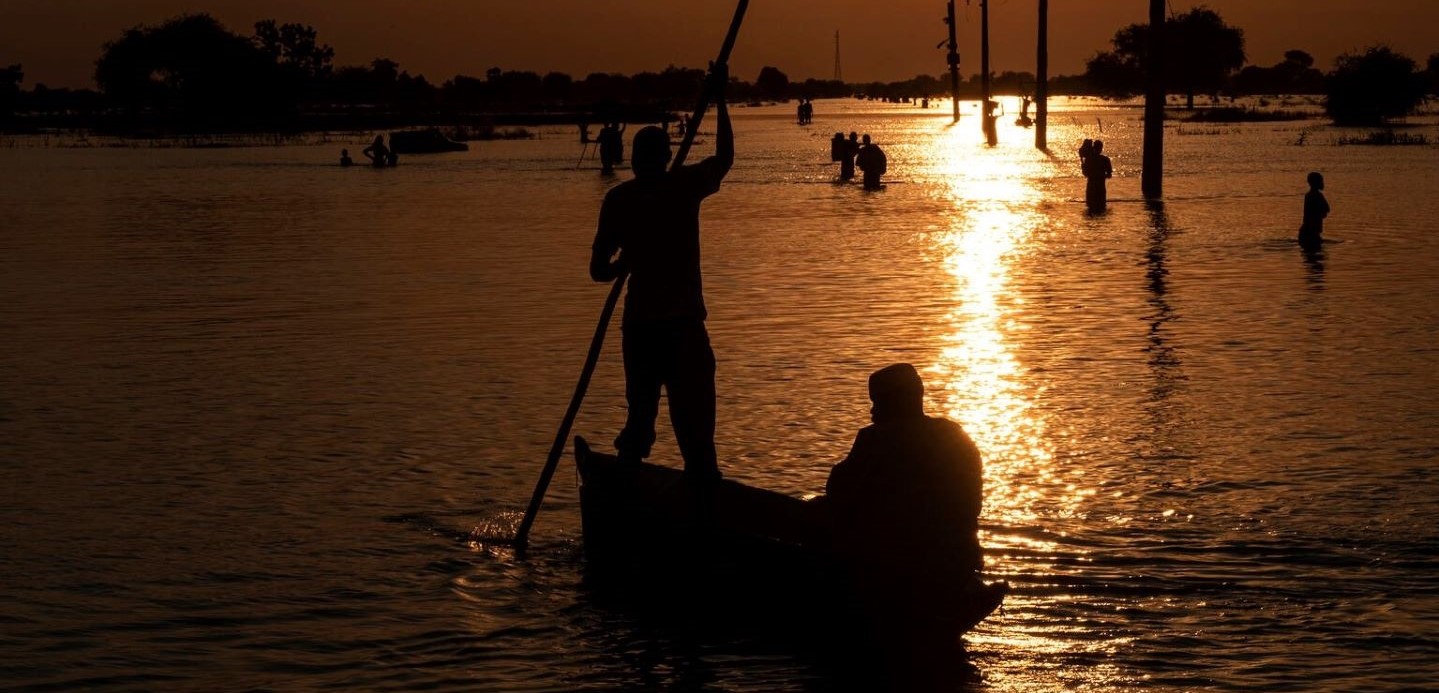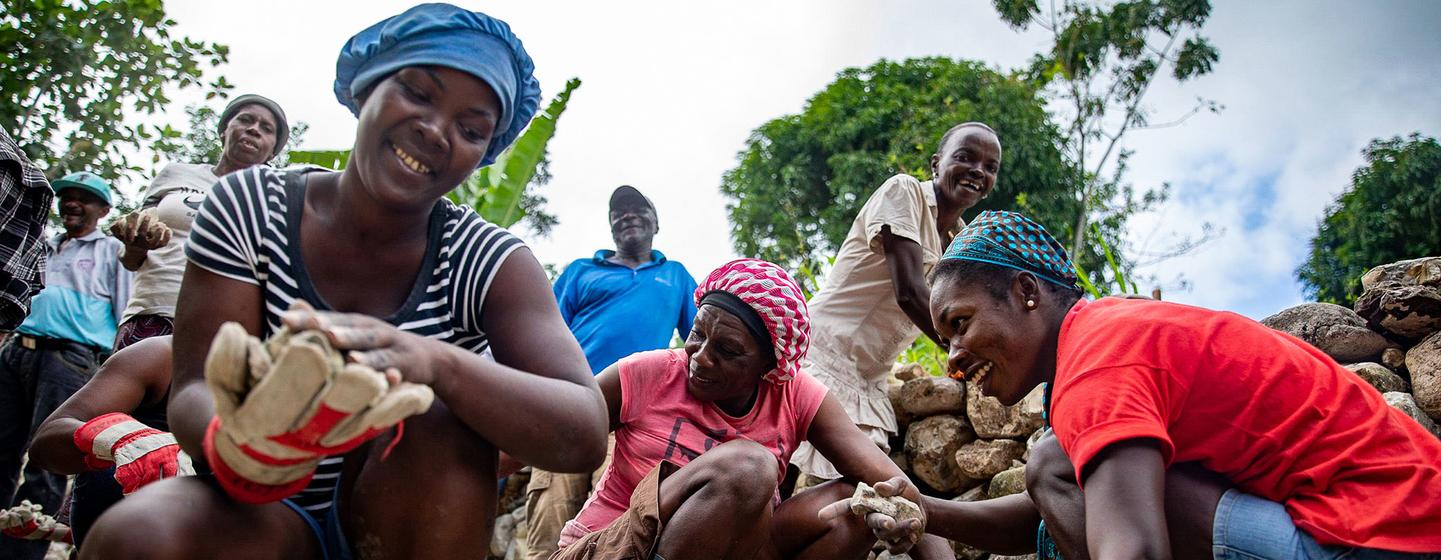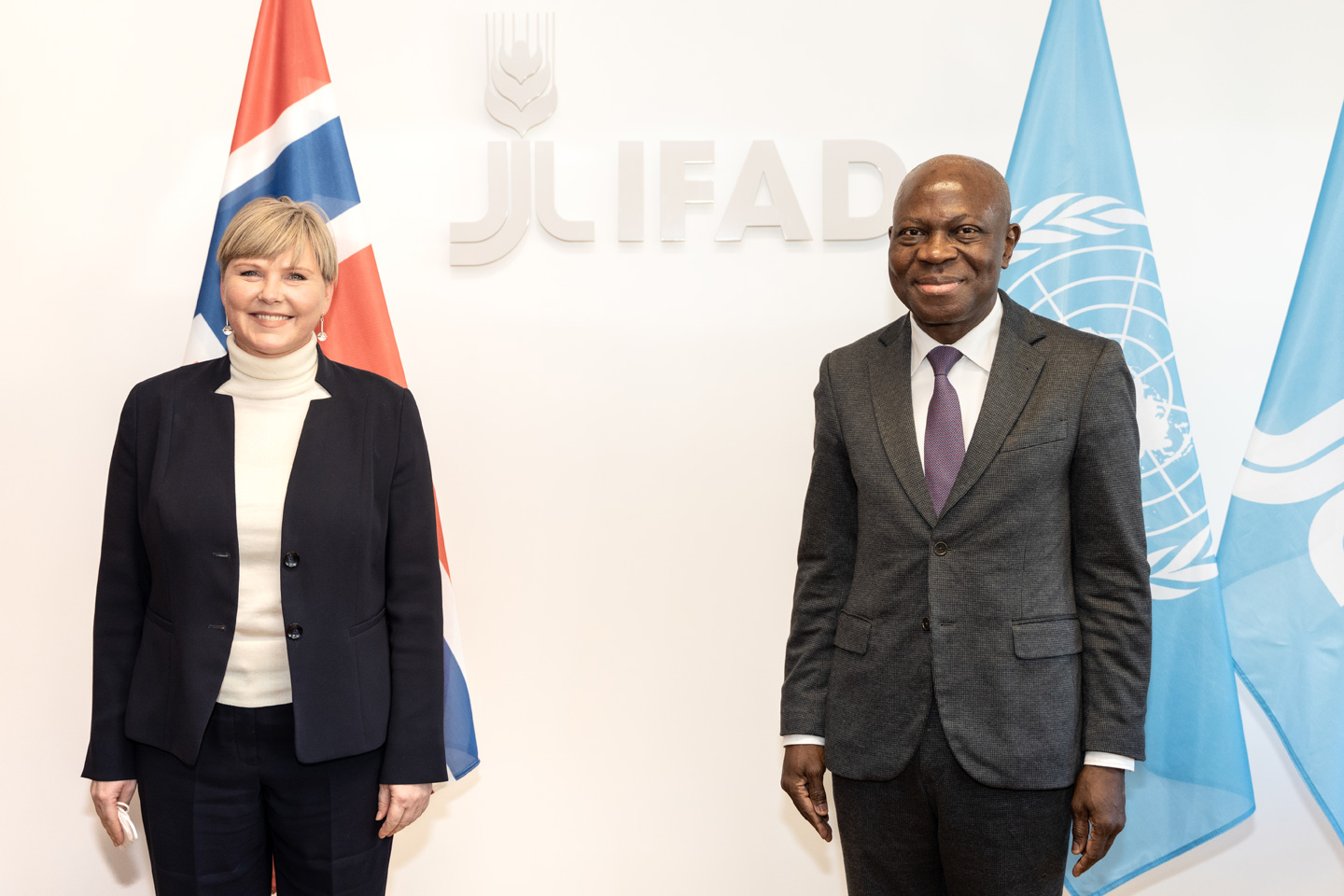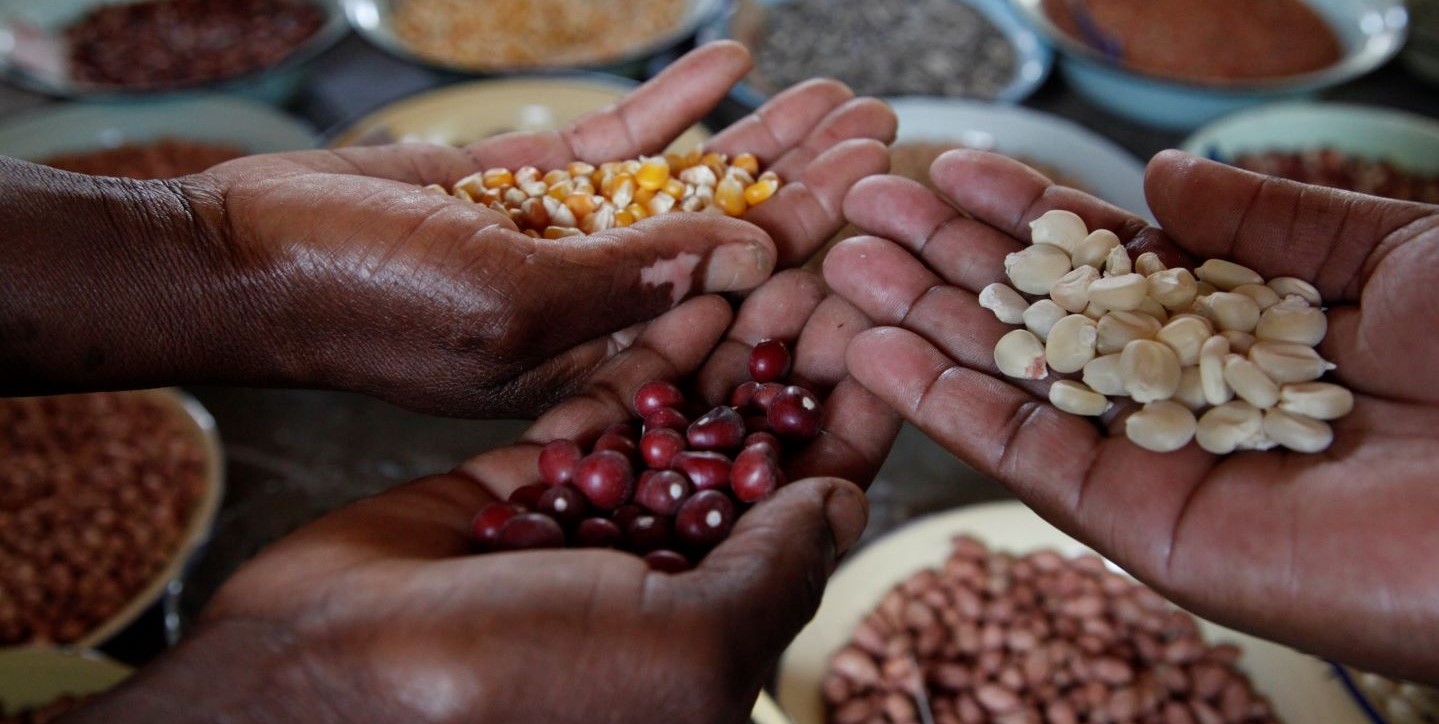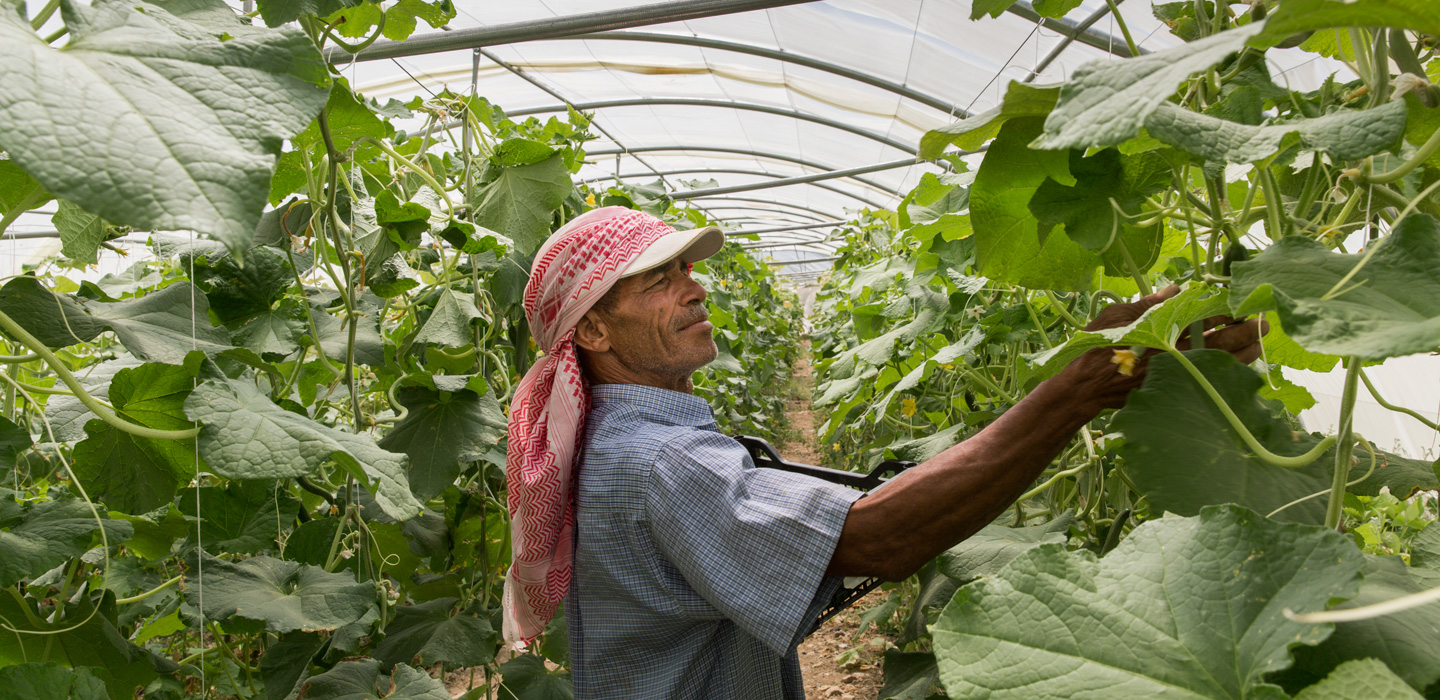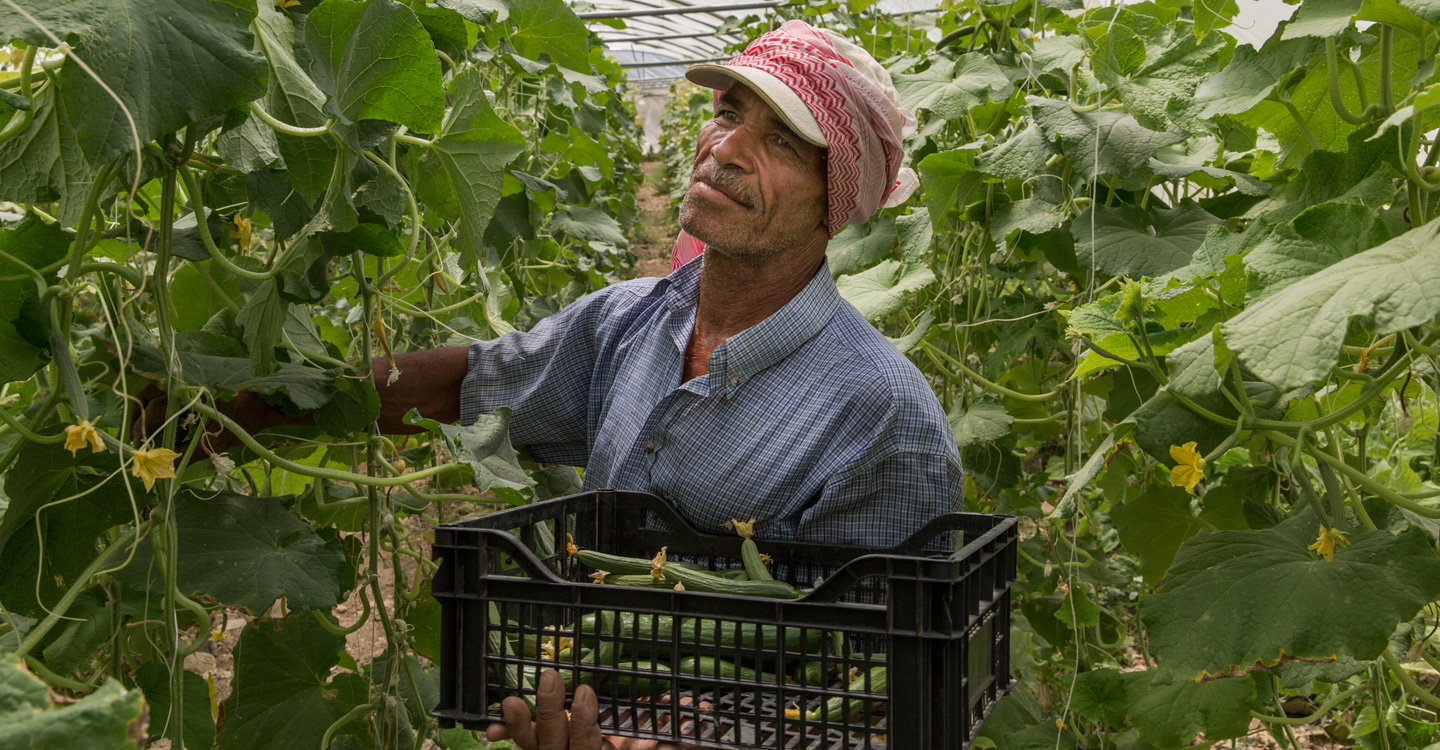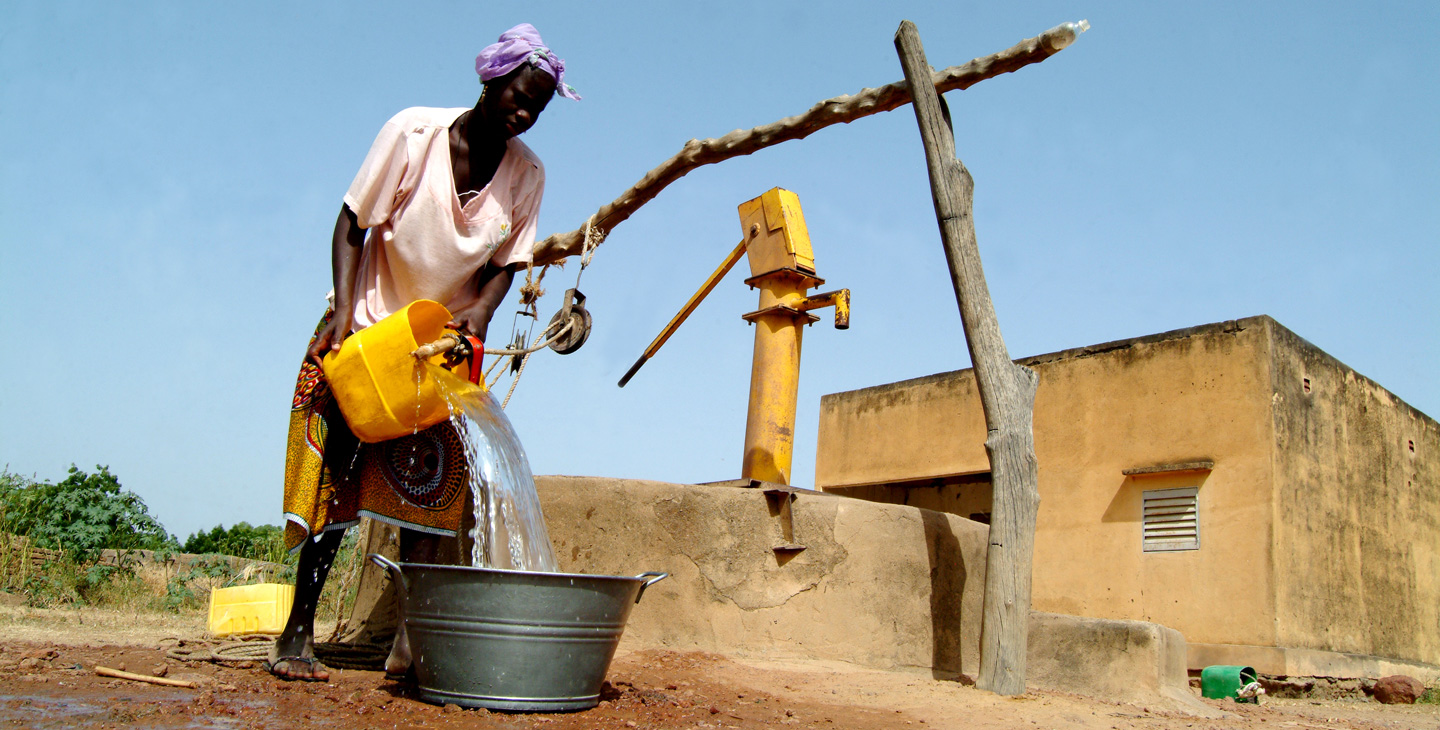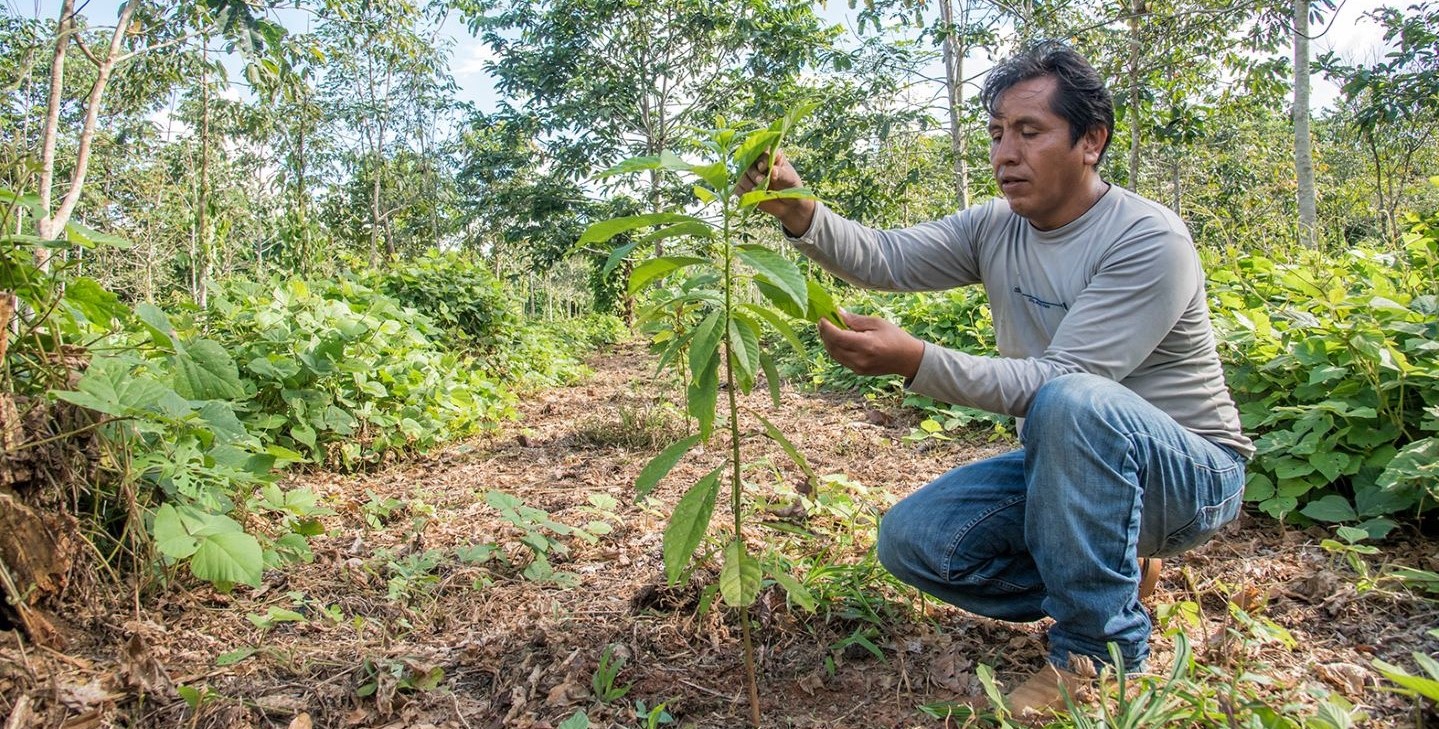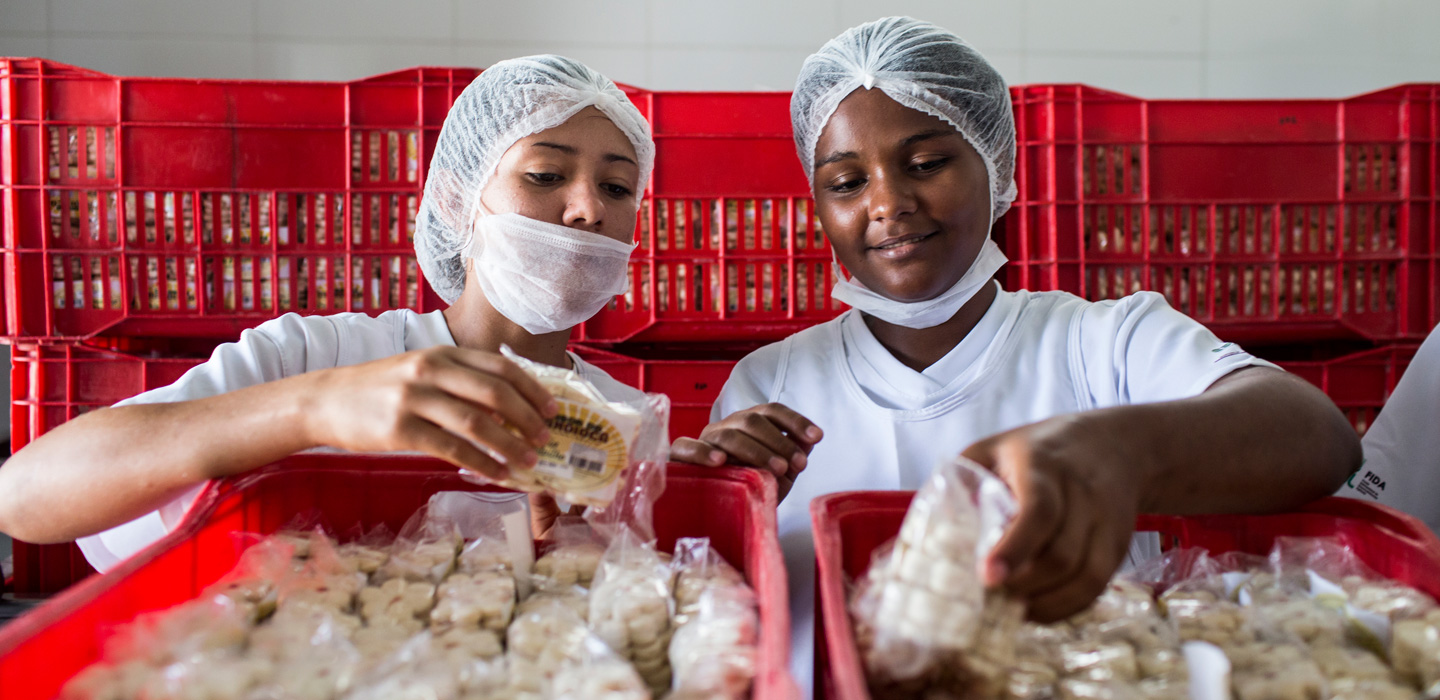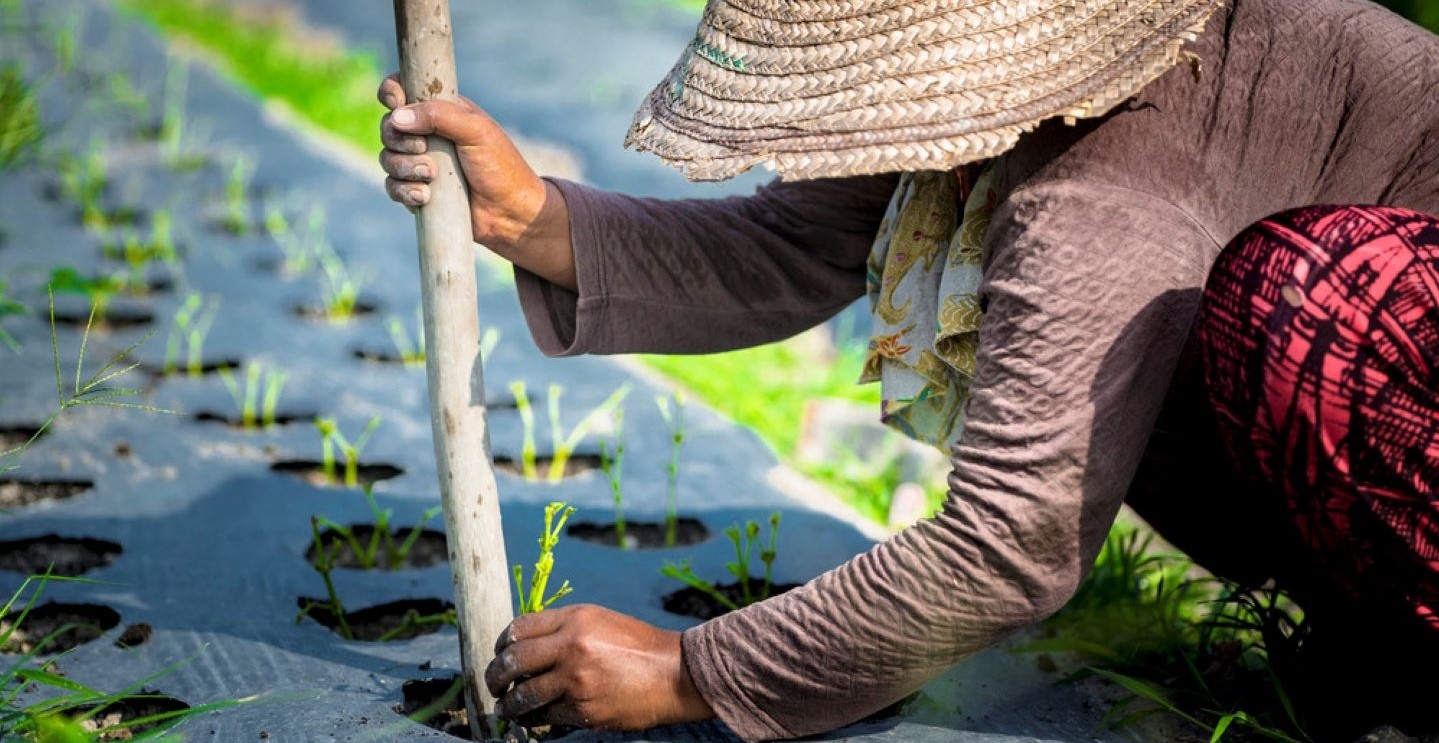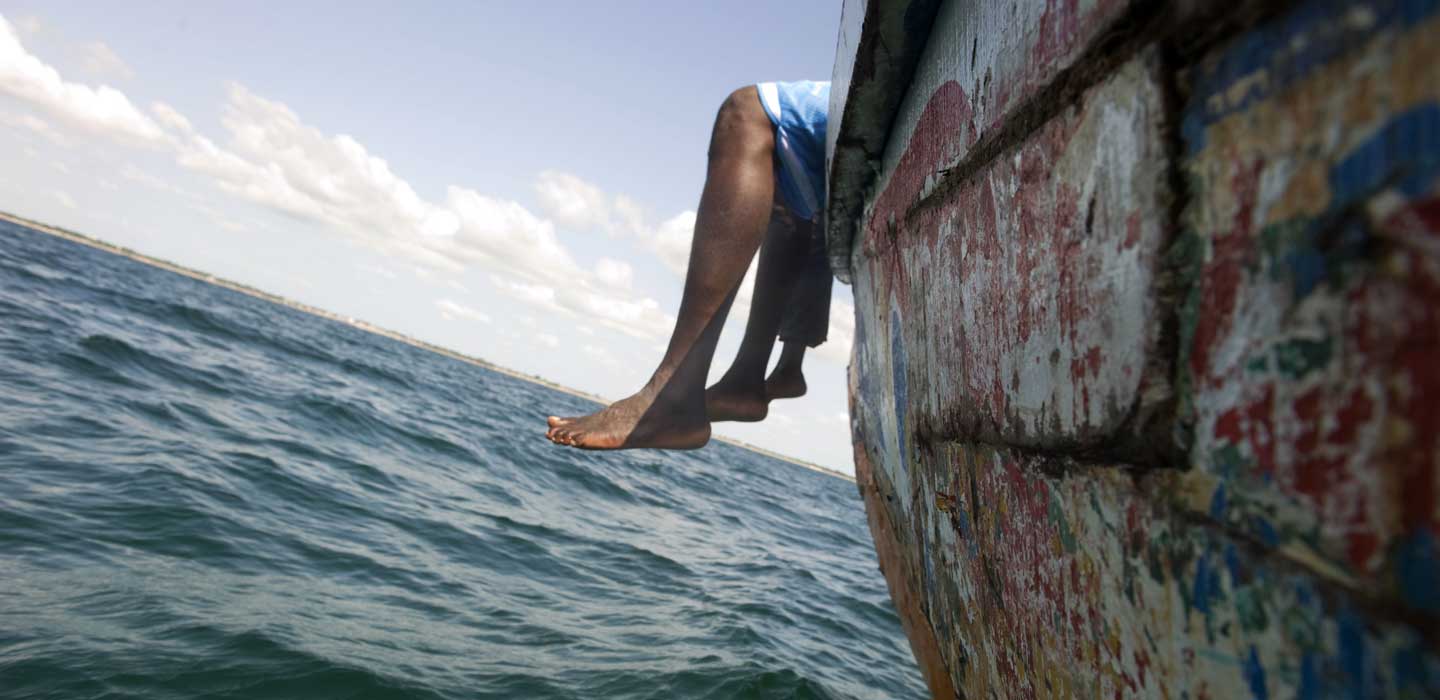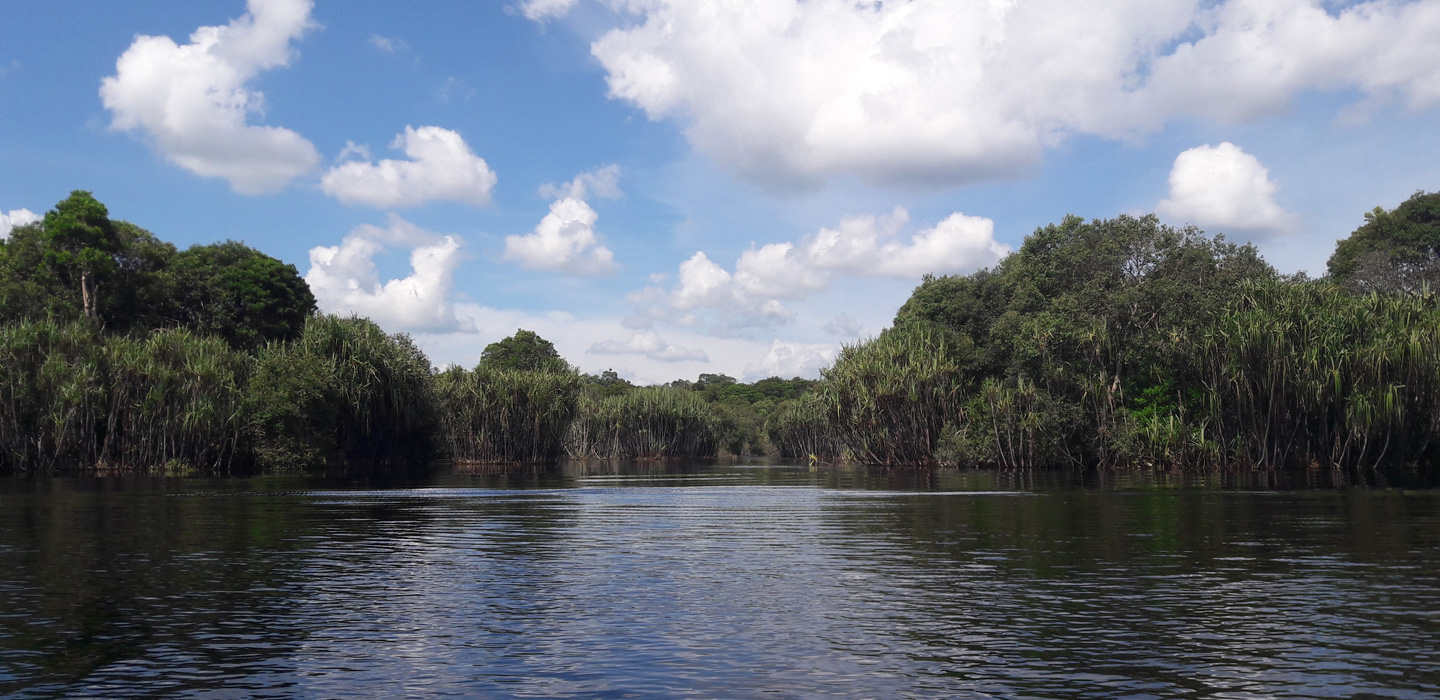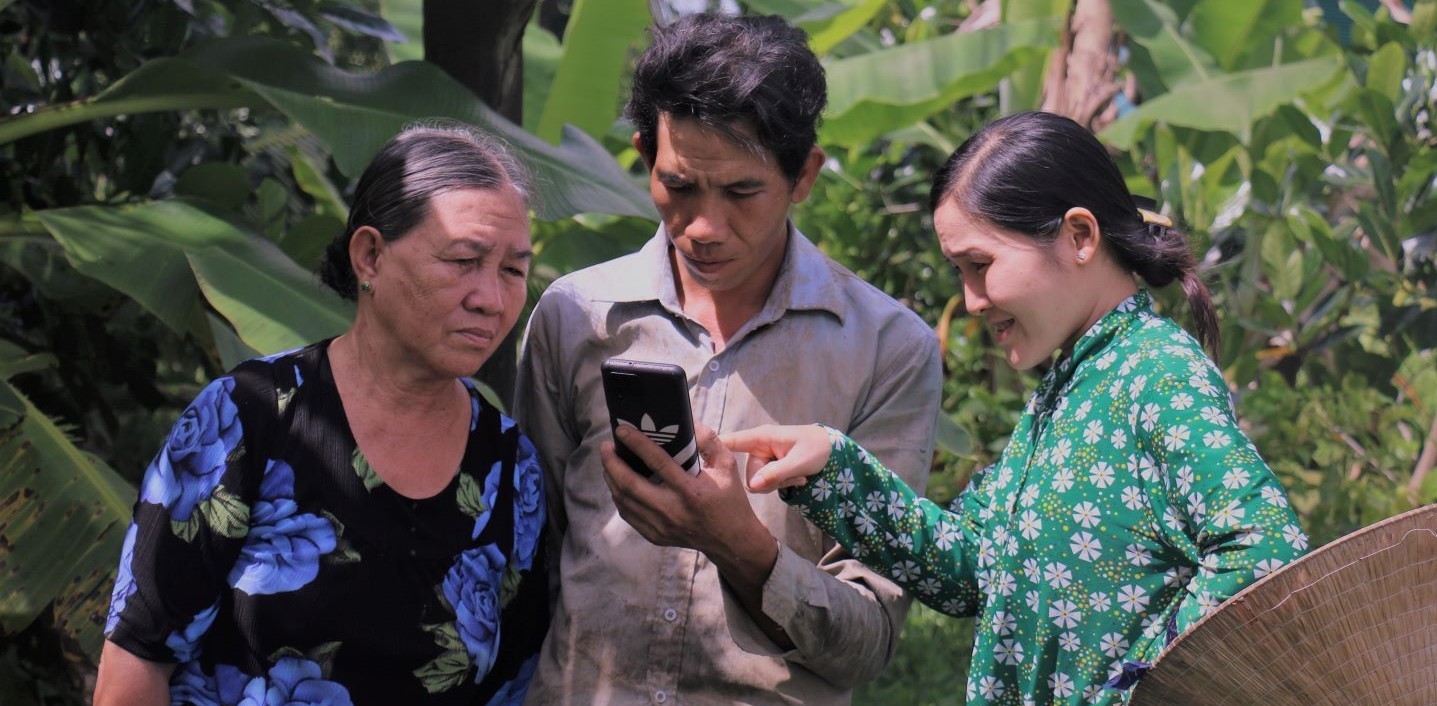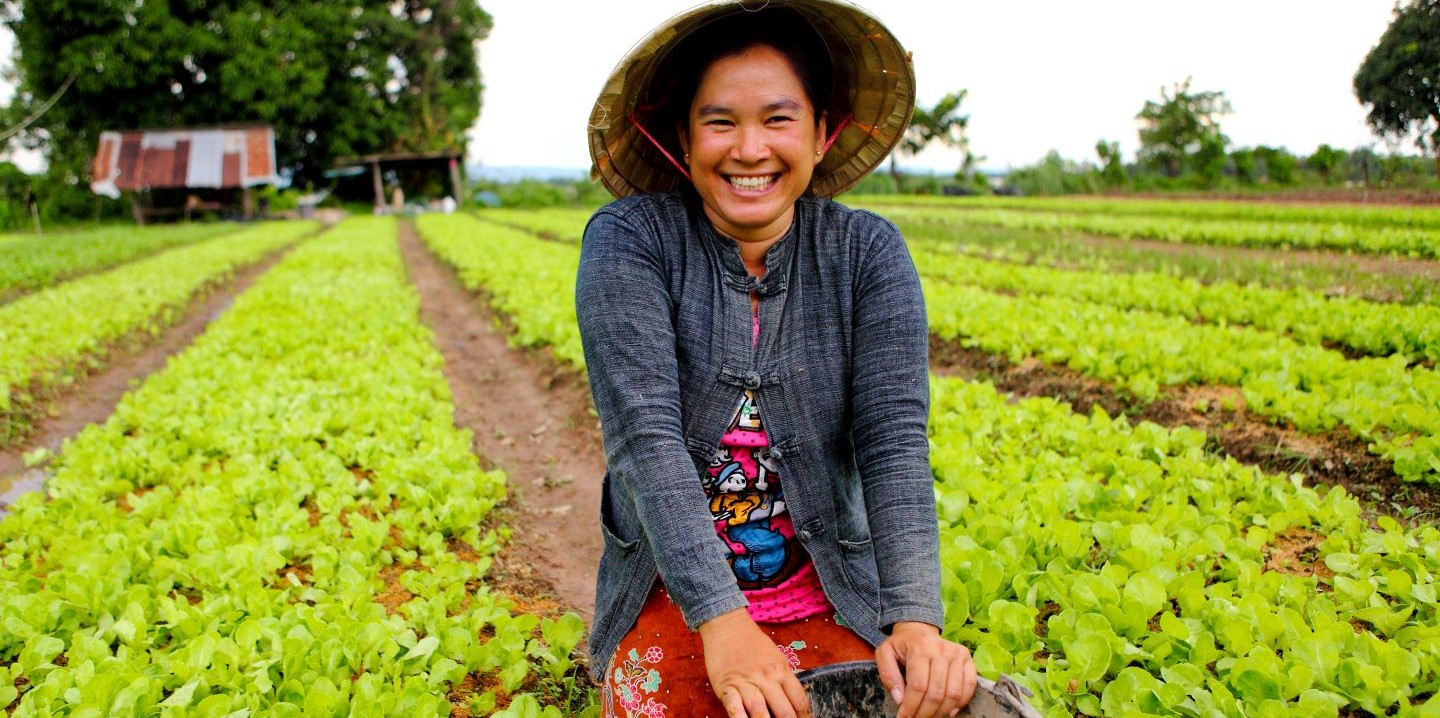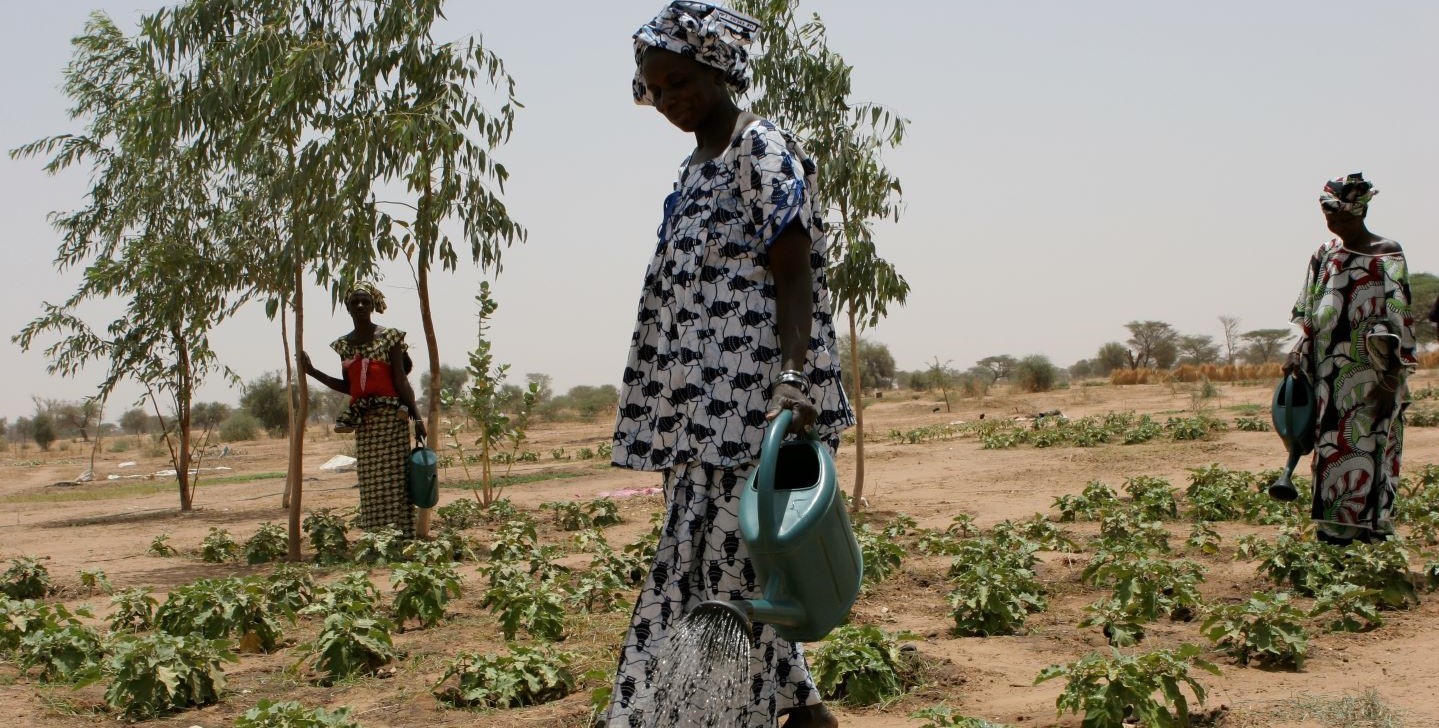Latest
Latest

Latest
Manual Submenu Topics
Search Results Filters
Search Results
These numbers prove that rural women are crucial for a better future. But they're not getting what they need to succeed
Despite being largely responsible for the food on our farms and on our tables, women don’t have access to the same resources as men. Without access to land, finance, training, inputs and equipment, women can’t produce effectively, achieve financial stability or food security, or grow their businesses.
IFAD-funded project to increase coffee and cocoa production in eastern Cuba while building resilience of smallholder farmers to climate change
IFAD and the Government of Cuba hosted an event today at the Hotel Nacional in Havana to launch the Agroforestry Cooperative Development Project (PRODECAFE). The project aims at increasing coffee and cocoa production in the eastern region of the country, while contributing to enhanced resilience of this region’s smallholder farmer cooperatives to climate change.
5 questions you should be asking about climate change and rural women
Women and girls all over the world are more strongly affected by climate change. For International Women’s Day, we’re taking a look at why that is and how women and girls can lead the way in adapting to the new environment.
An alarm we can no longer ignore: IFAD’s reaction to IPCC’s latest report
The IPCC’s new report, “Impacts, Adaptation and Vulnerability”, underscores the urgency of climate change adaptation.
Changing the narrative on Haiti
Last year, a 7.2-magnitude earthquake caused more than 2,200 deaths and US$2 billion worth of damage in southern Haiti. In February 2022, a Donors' Conference was held to seek financial and political support for the reconstruction and relaunch of the region.
Norwegian Minister Tvinnereim and IFAD President Houngbo to visit Malawi in wake of storms to discuss climate resilience and hunger
With Malawian farmers still reeling from tropical storms that devastated crops and livelihoods in recent weeks, Norway’s Minister of International Development and the President of IFAD will visit the country to meet its leaders and small-scale farmers to discuss the impacts of climate change, and ways to build resilience.
How agrobiodiversity can nourish the planet
For our people and planet to flourish, we need agrobiodiversity: agricultural systems that enhance our wealth of ecosystems and living beings instead of diminishing it. Our work has long recognized the importance of agrobiodiversity for sustainable food systems, and now we’re taking this commitment even further.
The Netherlands provides EUR 4.13 million grant to enhance climate change adaptation and resilience in agriculture in Jordan
IFAD, the Ministry of Planning and International Cooperation in Jordan, and the Kingdom of the Netherlands signed a EUR 4.13 million financial agreement this week to strengthen the sustainability and climate resilience of ongoing interventions under the Rural Economic Growth and Employment Programme (REGEP) in Jordan.
Innovating Agriculture Into the Future – Episode 27
In our end-of-year episode, we’re focusing on all things innovative in the world of agriculture. We hear from agro-preneurs in Australia, Africa and Asia who are using cutting-edge technologies and exploring new solutions to common problems.
Denmark commits millions to vulnerable farmers through IFAD’s climate adaptation fund
In the wake of COP26, which featured a strong call for increased financing to help the world’s poorest countries adapt to the impacts of climate change, Denmark today announced a contribution to IFAD of DKK 190 million (about US$29 million) to help small-scale farmers cope with unpredictable weather.
A green new hope for degraded soils
Over half the world’s arable land is already degraded, and this number is growing at a rate of 23 hectares per minute. But with the support of an IFAD-funded project – along with an unlikely ally – farmers in Bolivia’s Pando region are restoring the land in record time.
Fixing our food systems means getting the fundamentals right
The term “food systems” encompasses a huge variety of activities and issues. To make sure we’re all starting from the same place, let’s focus on the fundamentals: the land, and how to treat it well.
Promoting sustainable agrifood systems to combat climate change
It’s clear by now that no real progress on climate change mitigation will be achieved without the active participation of today’s top greenhouse gas emitters. In addition to transitioning their energy sectors away from carbon, actions such as making their agrifood systems more sustainable and promoting the use of natural carbon sinks could produce dramatic results in record time.
Expanding the Blue Economy in East and Southern Africa – Episode 26
This month’s episode is all about the blue economy – the economic, social and environmental activity that revolves around marine and coastal resources – of the East and Southern Africa region. This sector offers many potential opportunities for governments, the private sector and small-scale producers, along with some challenges.
An IFAD–Indonesia partnership advances the policy agenda on sustainable peatland management
Peatlands store twice as much carbon as all the world’s forests and are home to everything from orchids to orangutans – but today, these lands are in peril. A partnership between IFAD and Indonesia’s Ministry of Environment and Forestry is working to set a national policy agenda that will protect peatland ecosystems.
Highlights from COP26 – Friday 12 November 2021
The end of COP26 is fast approaching, and we’re still waiting for a final agreement. However, based on the draft texts that have been released, it’s clear there’s still a risk of gaps between long-term targets and short-term action.
Public-private partnerships accelerate climate change adaptation in Viet Nam
In recent years, saline intrusion – the encroachment of seawater into fresh water sources – has become a serious threat to small-scale farmers in Viet Nam’s Mekong Delta. Thanks to a public-private partnership, a local technology company was able to collaborate with an IFAD-supported project to create a lasting solution.
Effective micro-organisms: The key to healthy soil and healthy diets in rural Lao
Agriculture is the main source of income and livelihood in rural Lao. But Lao crops are highly climate-sensitive, leaving farmers with little room for error when it comes to climate adaptation.
Highlights from COP 26 – Wednesday 10 November
The start of the second week of the Glasgow Climate Change Conference marked a shift to a more political phase of the conference. Ministers arrived, former US President Barack Obama drew a crowd, and negotiations continued.
Four ways nature-based solutions benefit rural people and communities
“Nature-based solutions” (NbS) might sound like a buzzword, but these techniques are some of the most effective tools in our arsenal against the effects of climate change.
